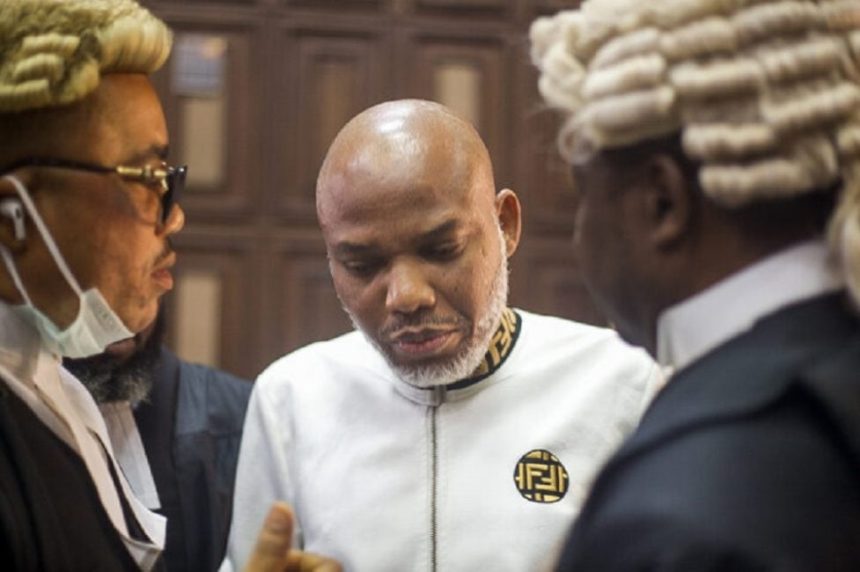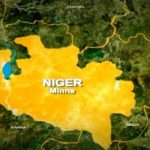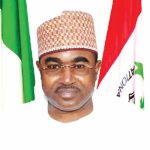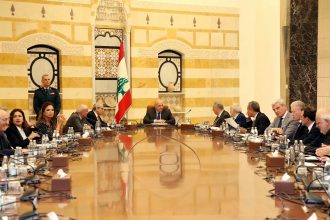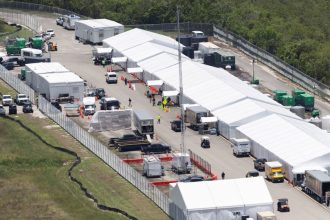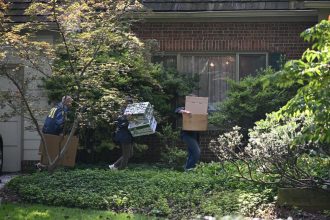The Indigenous People of Biafra has rejected Thursday’s judgment of the Federal High Court in Abuja sentencing its leader, Nnamdi Kanu, to life imprisonment on seven terrorism-related charges.
In a statement on Friday by its spokesman, Emma Powerful, the group insisted that Kanu “committed no offence known to Nigerian law” and maintained that his agitation amounted only to self-determination, which it argued is a protected right under international conventions.
Powerful faulted the judgment delivered by Justice James Omotosho, accusing the judge of refusing to apply Section 36(12) of the 1999 Constitution, which states that a person shall not be convicted of an offence unless it is defined in a written law.
The statement read in part, “The IPOB wishes to inform the global community, diplomatic missions, international media, and lovers of freedom that we shall, in the coming days and weeks, lay bare the fundamental defects, contradictions, and illegalities that define the recent ruling issued by Justice James Omotosho of the Federal High Court, Abuja.
“For the avoidance of doubt, no gun, no grenade, no GPMG, no explosive, and no attack plan was ever found on Mazi Nnamdi Kanu. None. No witness, civilian or military, ever testified before any court—at any stage—that Mazi Nnamdi Kanu committed any offence known to Nigerian or international law. This is an undeniable fact.
“The only thing the Federal Government continues to criminalise is self-determination, a right guaranteed under Article 20 of the African Charter on Human and Peoples’ Rights, Article 1 of the International Covenant on Civil and Political Rights and Article 1 of the International Covenant on Economic, Social and Cultural Rights.
“Self-determination is a protected right, not a crime. Agitation is not terrorism, and requesting a referendum is not a weapon.”
IPOB also argued that insecurity in the South-East escalated while Kanu was in the custody of the Department of State Services, saying incidents recorded during that period could not be attributed to him.
“It was Mazi Nnamdi Kanu who was attacked by the Nigerian military during ‘Operation Python Dance’. It was IPOB family members who were massacred at Nkpor, Aba, Onitsha, Emene, and other locations. Not one government officer or soldier has been held accountable for these atrocities. Yet the same system now seeks to convict the victim,” the statement added.
The group further questioned the legal basis for the conviction, describing the ruling as “unconstitutional” and alleging that the judge relied on repealed provisions.
IPOB said, “Justice Omotosho has demonstrated, sadly, that he either cannot interpret or refuses to interpret simple English contained in Section 36(12) of the 1999 Constitution, which states clearly ‘A person shall not be convicted of a criminal offence unless that offence is defined and the penalty therefor is prescribed in a written law’.
“This constitutional provision is short, simple, and unambiguous. Our questions to Justice Omotosho—questions the entire world deserves answers to—are as follows: What written law did you rely on to purport to convict Mazi Nnamdi Kanu?
“Is that law extant, or has it been repealed? If the law has been repealed, can a repealed law ever qualify as a written law under Section 36(12)? Why did you ignore binding Court of Appeal and Supreme Court authorities stating that no Nigerian can be tried or convicted under a non-existent or repealed statute?”
According to the statement, IPOB intends to release a detailed response to the judgment in the coming days and will continue to engage international bodies on what it described as judicial and human-rights concerns.
The group reiterated its demand for a United Nations–supervised referendum.
PUNCH Online reported that Justice Omotosho, in a judgment delivered in Kanu’s absence, held that the IPOB leader’s broadcasts on Radio Biafra and his directives enforcing sit-at-home orders amounted to terrorism.
The court further ruled that Kanu’s alleged role in attacks on security personnel by members of the Eastern Security Network formed part of the prosecution’s evidence.


